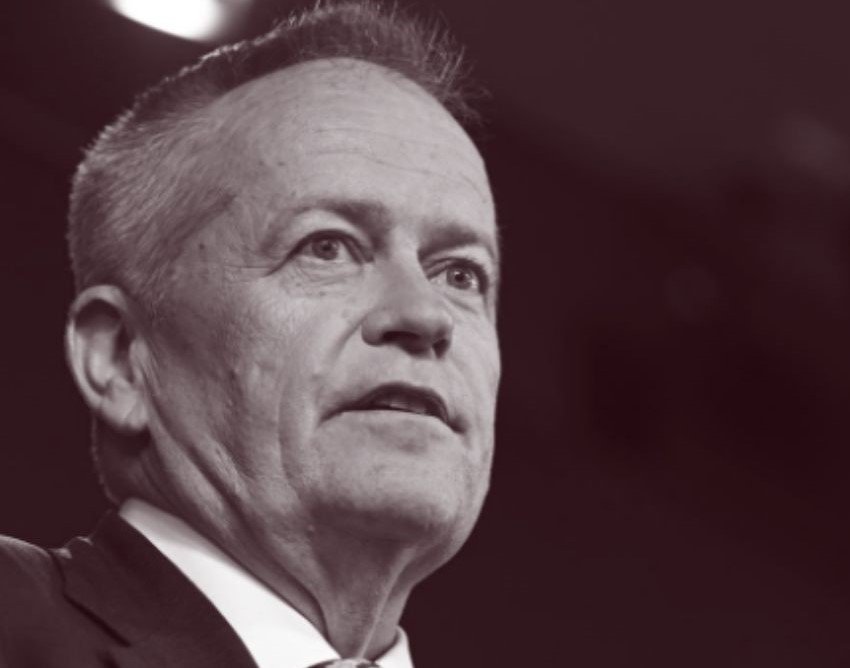
Bill Shorten, the outgoing National Disability Insurance Scheme (NDIS) minister, should have addressed the disabled community’s concerns about a debt collection function buried in the NDIS Amendment Bill when he was interviewed by the ABC’s Insiders on August 25.
Instead, Shorten labelled concerned participants and advocates as “a vocal minority” who were “fear-mongering” and “spreading misinformation” about whether people with NDIS-raised debts have the right of appeal.
When asked by David Speers if people had a right to appeal debts, Shorten replied, “Yes”.
But that response is misleading.
The NDIS amendment, Getting the NDIS Back on Track No.1) Bill 2024, was passed on August 22, and became law on September 5. They come into effect on October 3.
A review of the bill’s debt provisions by policy analysts for WA Greens Senator Jordon Steele-John confirm that if the National Disability Insurance Authority (NDIA) raises a debt against a person, there is no way to appeal the existence of the debt itself.
In short, individual participants sent a debt by NDIS can seek a waiver (within limited scope) but cannot appeal the debt itself.
The way the NDIS Act is worded means that the debt exists simply because there has been an overpayment.
The guiding principle behind NDIS debts is that if a person is overpaid, they automatically owe a debt and the NDIA is owed that money.
In principle, debts are discovered when an audit is done and the overpayment is found. It is at that point that the NDIA usually notifies the person that they must pay it back.
At that stage the person can apply for the debt to be waived. Whether or not one is granted depends entirely on the NDIA — the authority that decided it in the first place.
A waiver can be granted if the NDIA CEO believes that the debt only arose from an agency error if the CEO believes that it would not be cost effective to chase the debt, or if there are “special circumstances”.
If the waiver is not granted, that decision can be appealed — but not the debt itself.
Steele-John’s team put forward an amendment that would have changed this, but Labor and the Liberals joined forces to oppose it.
Had such bi-partisanship support been present for prosecuting those responsible for Robodebt, or for adopting all the recommendations of the Disability Royal Commission, there might not be so much fear and mistrust towards the NDIS Amendment Bill.
The updated NDIS website advises that all access, planning and expenditure (by participants and providers) and all claims “will continue in line with current operational guidance” until the new NDIS rules are enacted.
Shorten insists the disability community has nothing to fear from the NDIS amendments, despite the changes which impact core principles and slash billions in funding.
Other key changes have done little to quell fears it is a step away from the promised person-centred, participant-driven ethos.
These include how eligibility is assessed; the supports that can be funded, now split into List A and List B; how plans are managed; how funding is allocated and has to be spent; and requirements for gathering information for eligibility reassessments.
The rollout of the NDIS Amendment Bill has been confusing for participants from the start. If Labor wants the disabled community to believe in what it says it is trying to achieve with the NDIS, it should address some of its own misinformation.